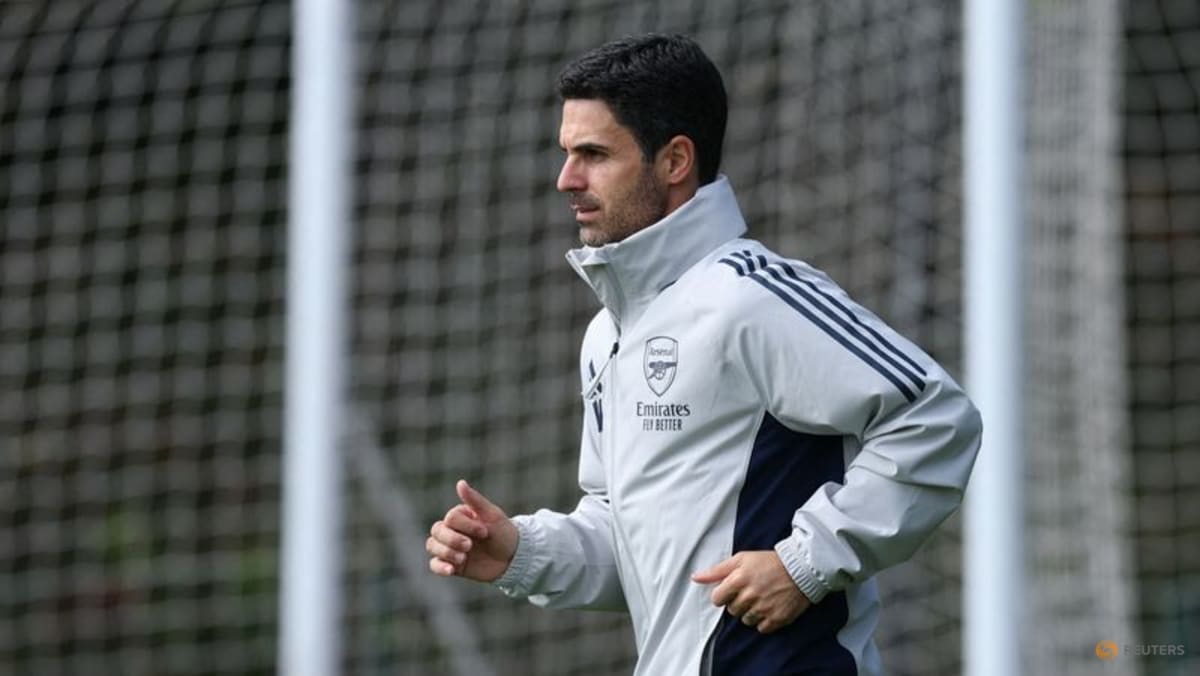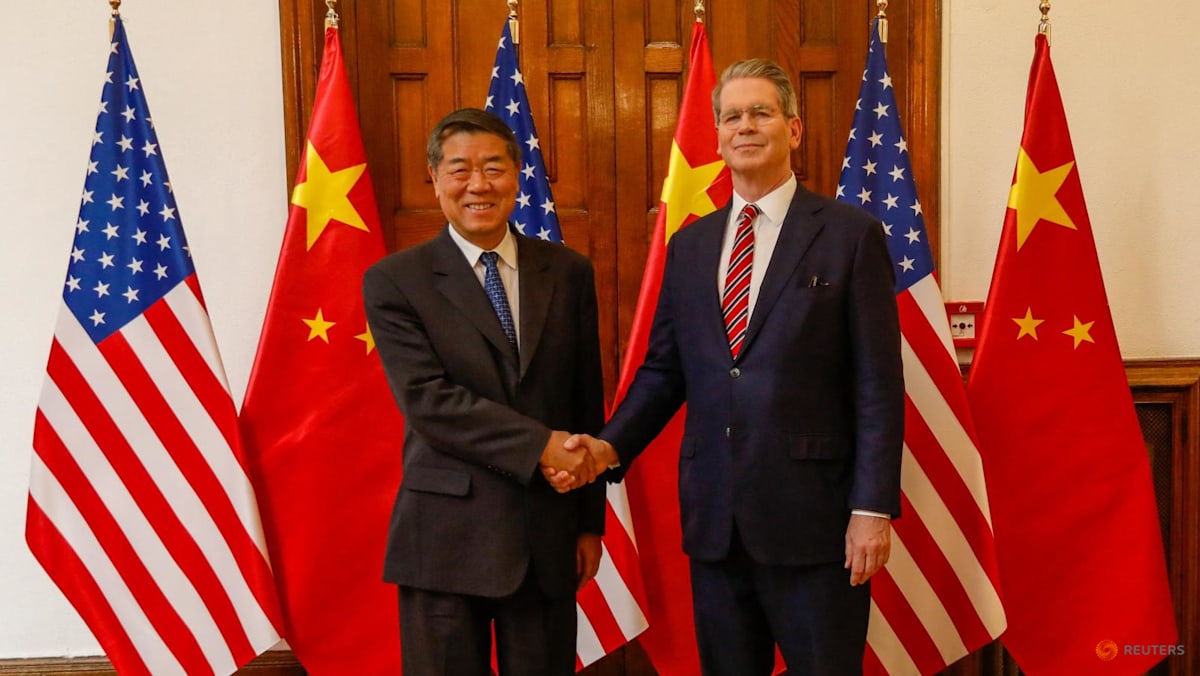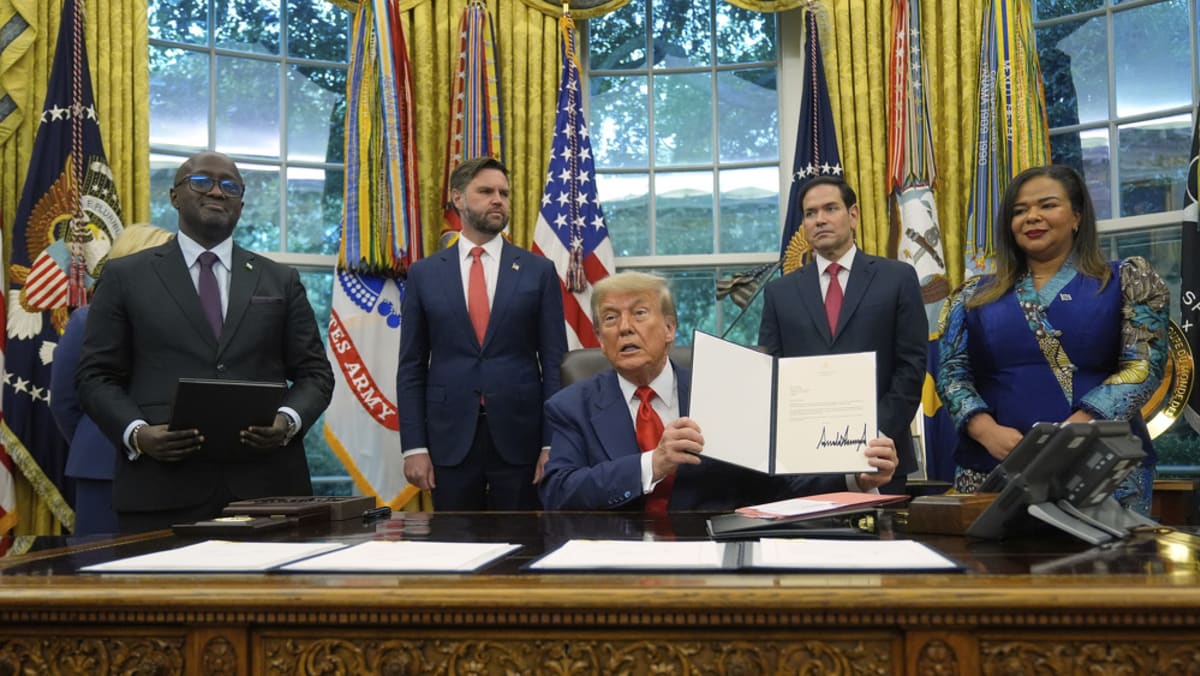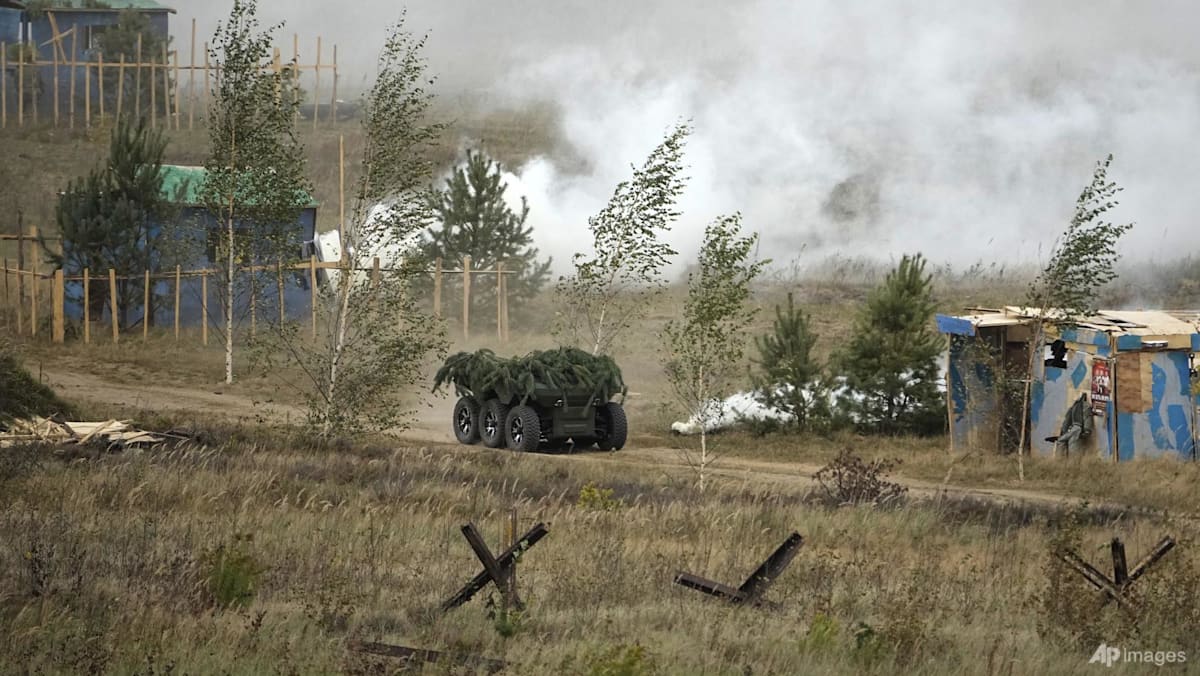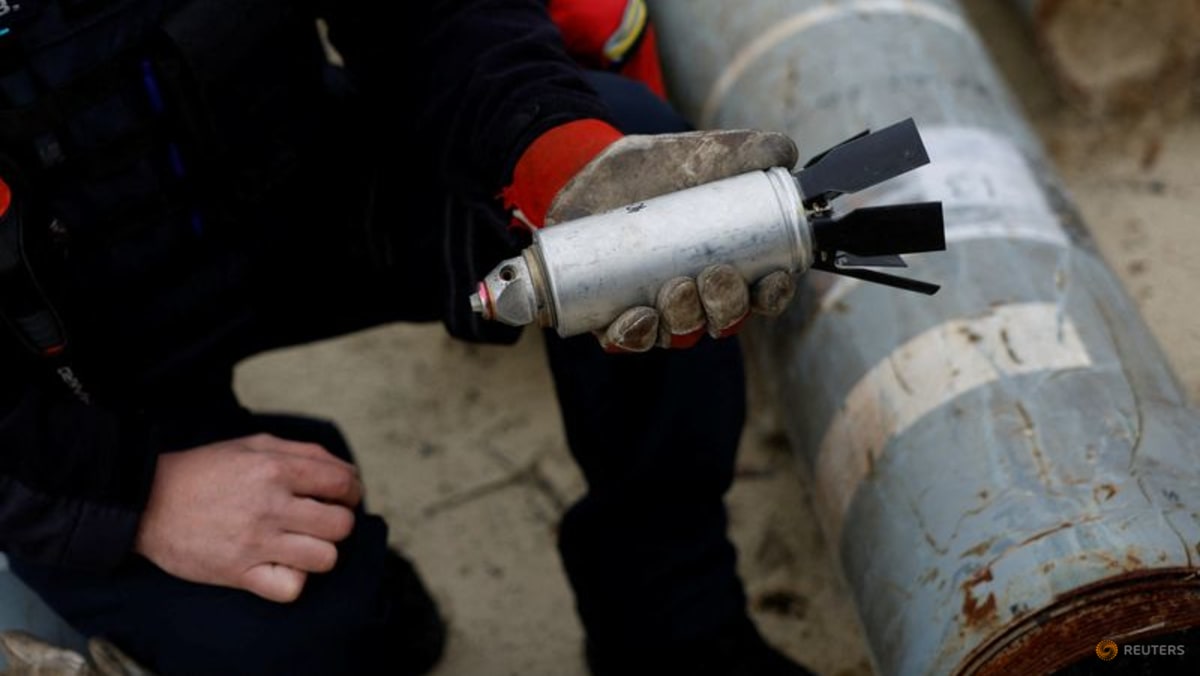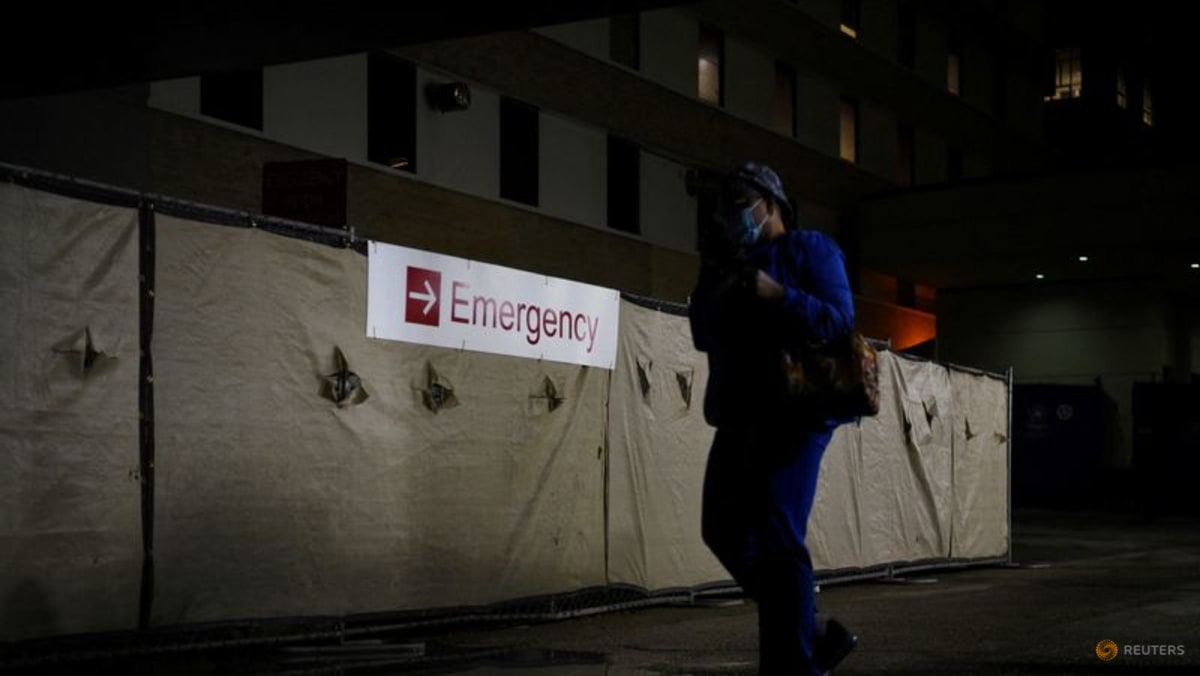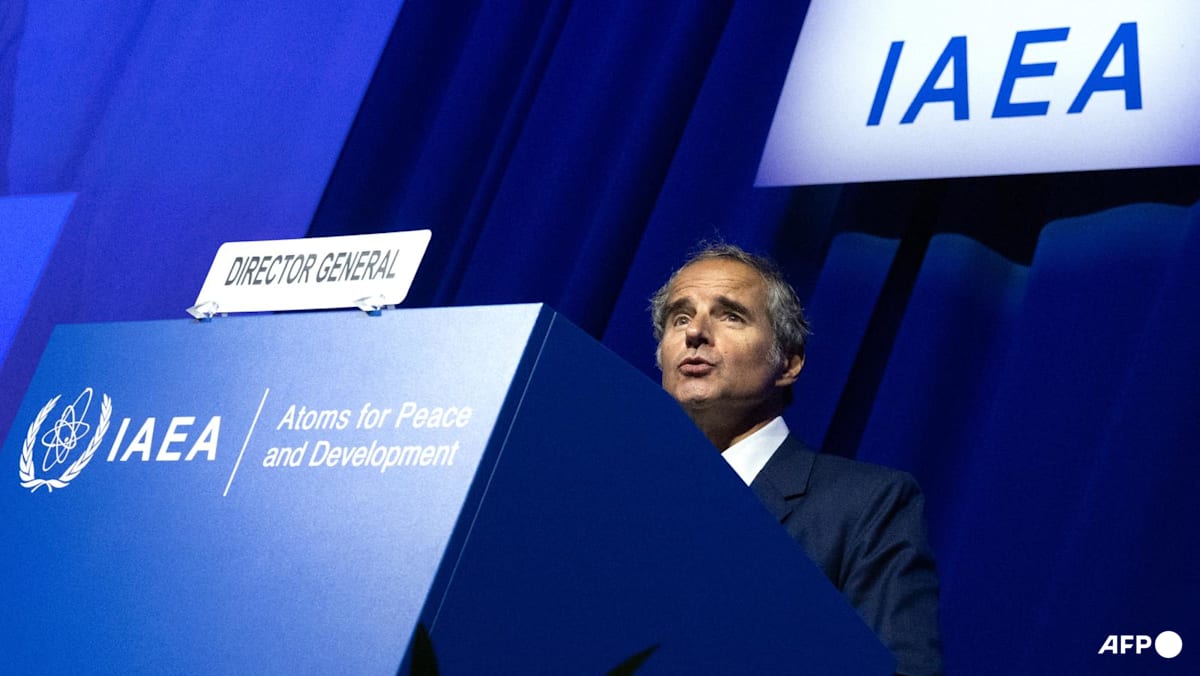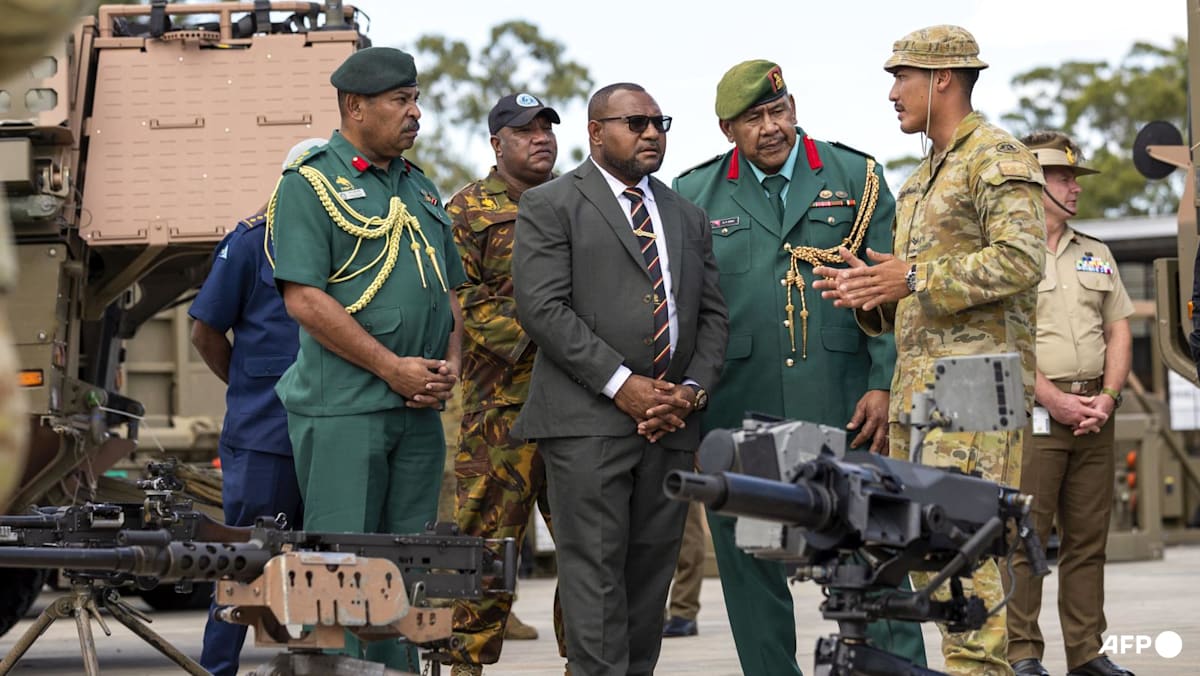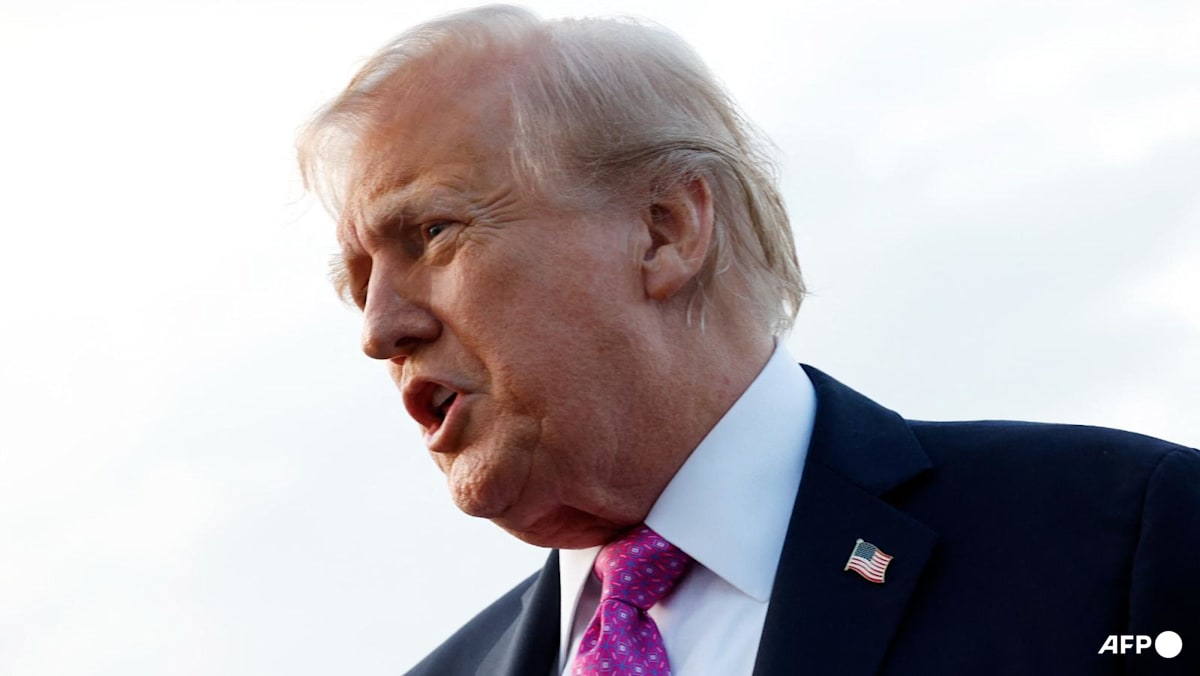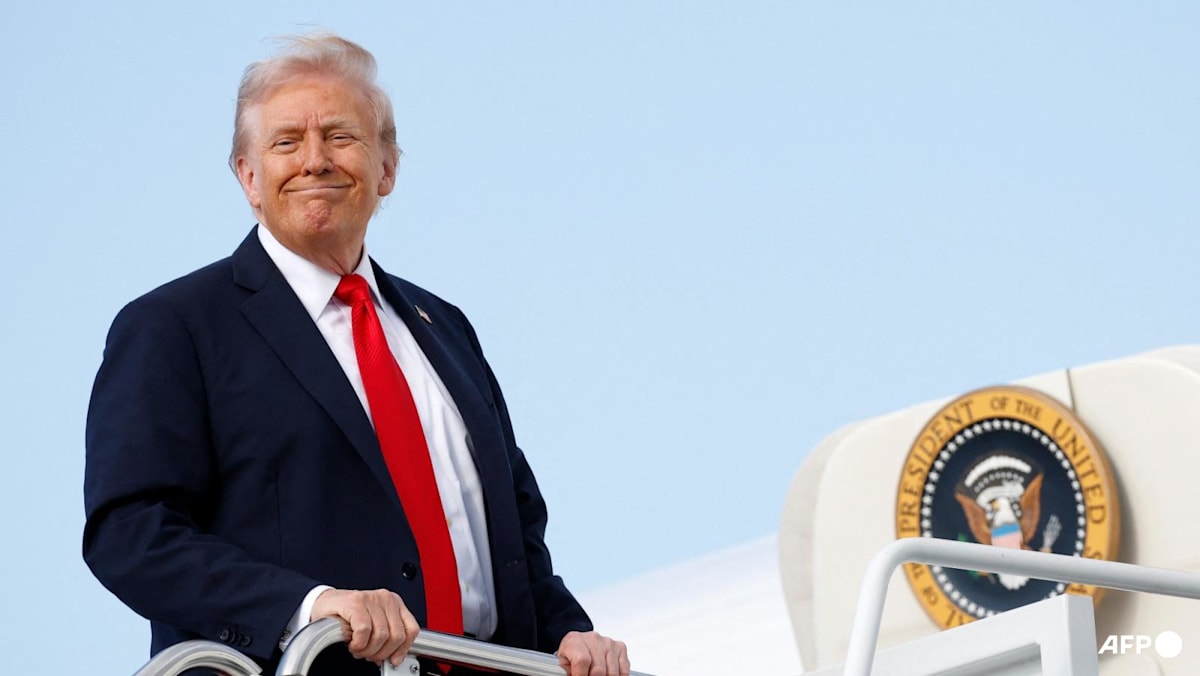The deal Trump brokered between Rwanda and the Democratic Republic of the Congo in June is probably closest to the US president’s model. The result, however, still doesn’t support his “nice to have” view on ceasefires.
The fighting – much of it conducted by militias and proxies – continues unabated, even after the settlement. The Rwanda-backed M23 group executed 140 DRC civilians in July, part of a monthly total of 300 killed. Despite the Trump-brokered settlement, that made July M23’s most murderous month since 2021, according to Human Rights Watch.
A CEASEFIRE IN UKRAINE WOULD MATTER
Ceasefires can be important for multiple reasons, with their potential to stop the killing and facilitate aid flows topping the list. That’s especially true for conflicts such as Gaza, DRC and Ukraine, where the toll on civilians is unacceptably high.
A close second is that agreement to a truce can indicate whether one or both sides are even interested in ending the war, or if the reason they began fighting remains as compelling to them as ever.
Until about a year ago, for example, Ukrainians were opposed to any ceasefire. Their country had been invaded, and they’d had considerable success in taking back territory that Russian forces initially seized. They thought they could get back more, and the evidence of rape, torture, child abductions and murder they found in liberated towns convinced them this was also a moral duty. A ceasefire would, by contrast, lock in Russia’s occupation, together with its horrors.

